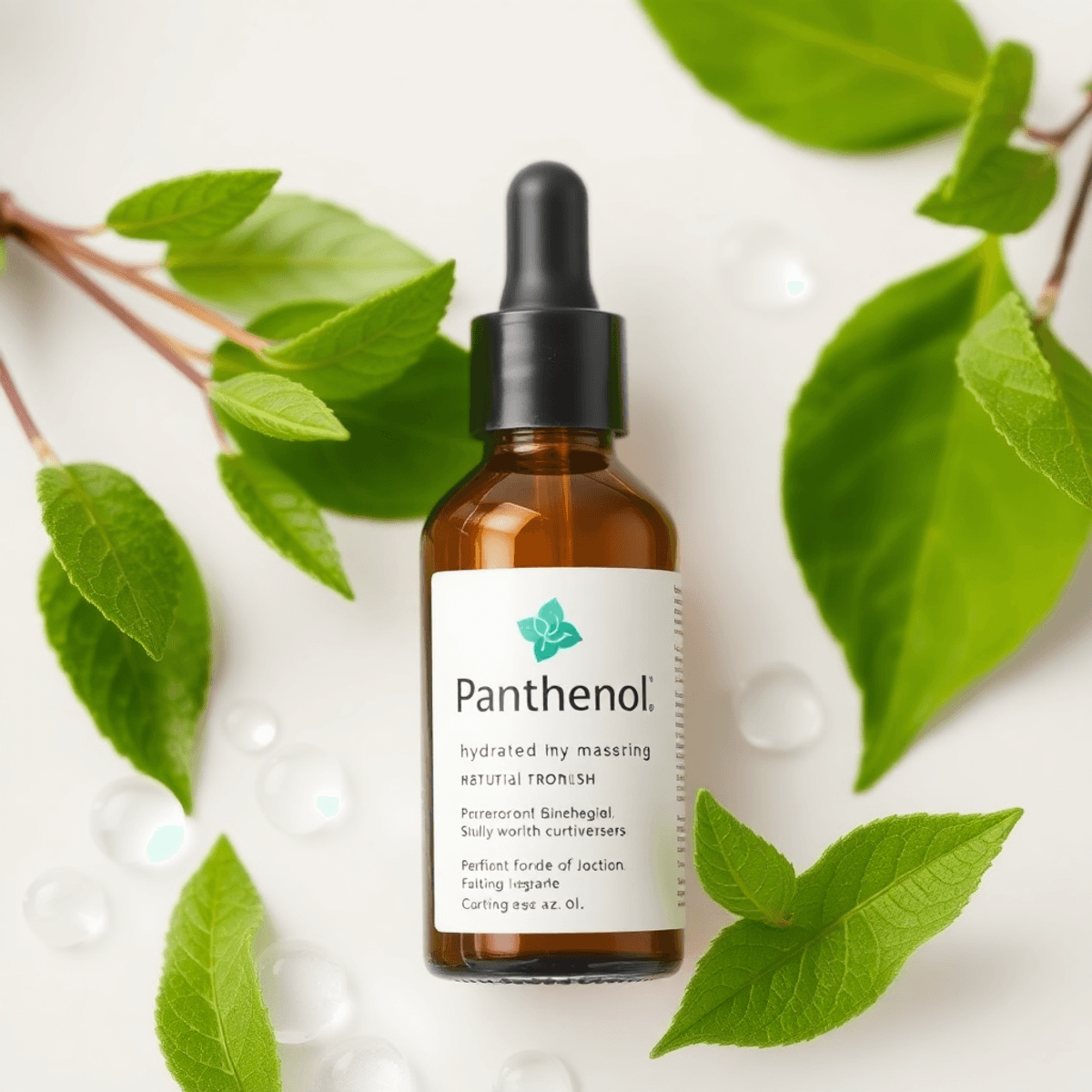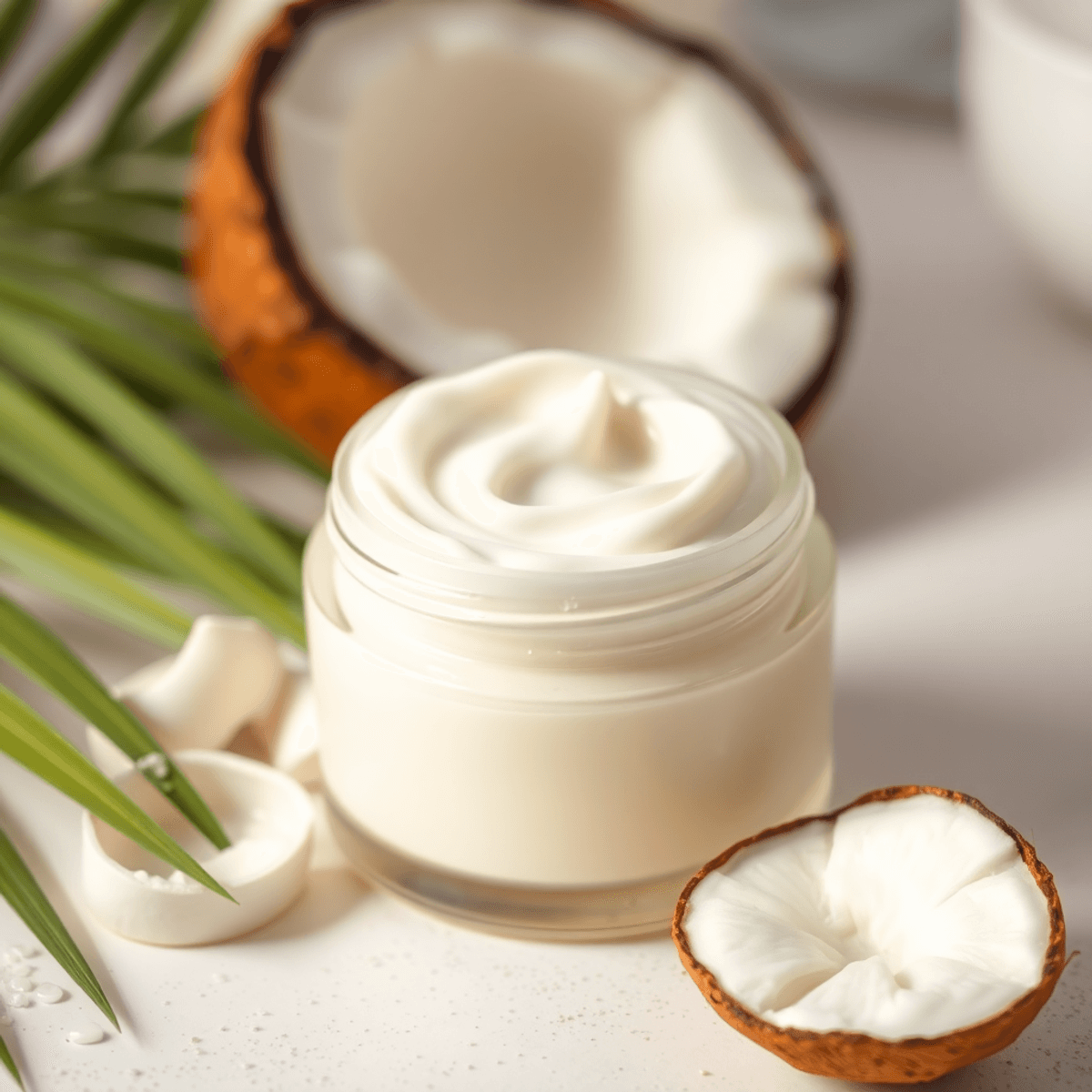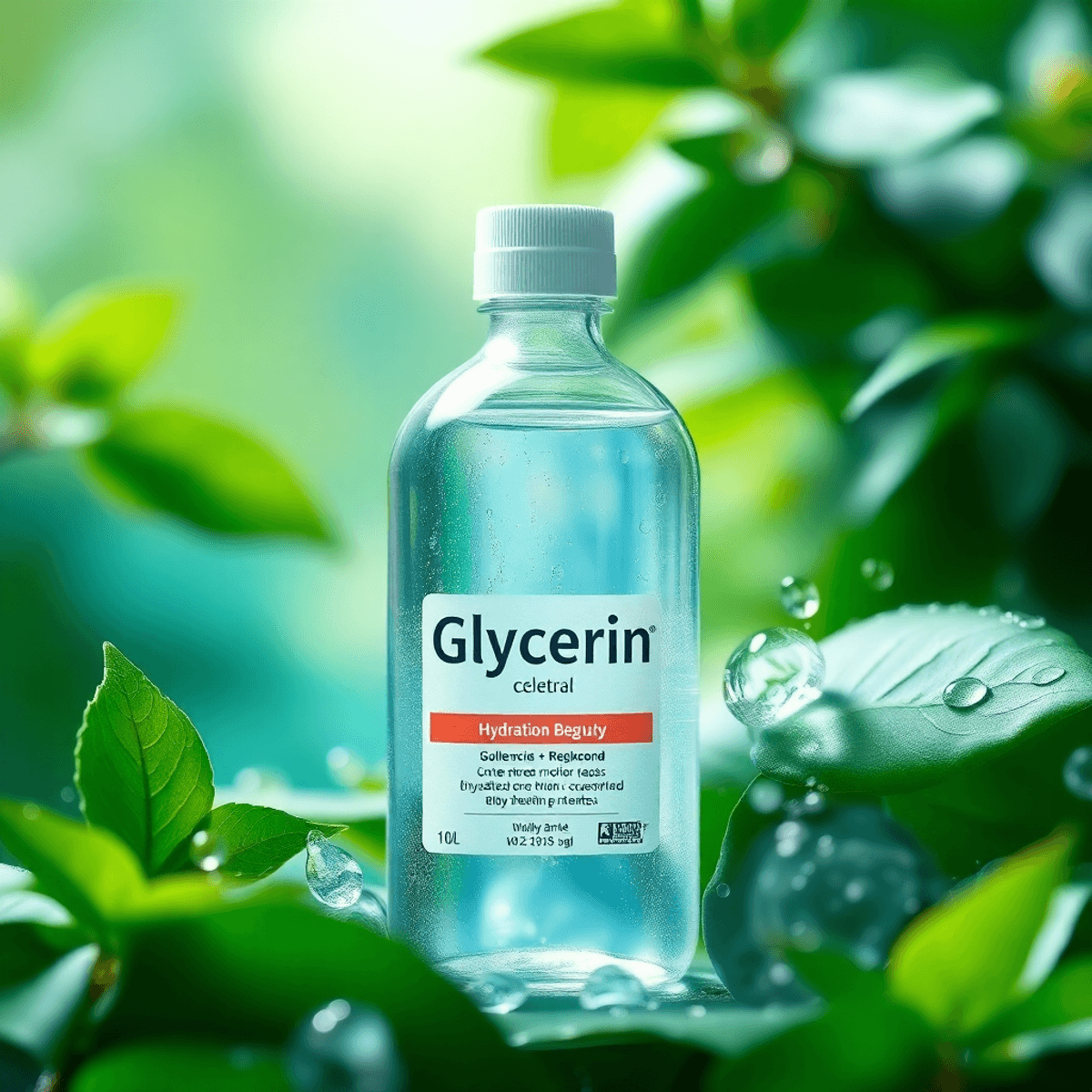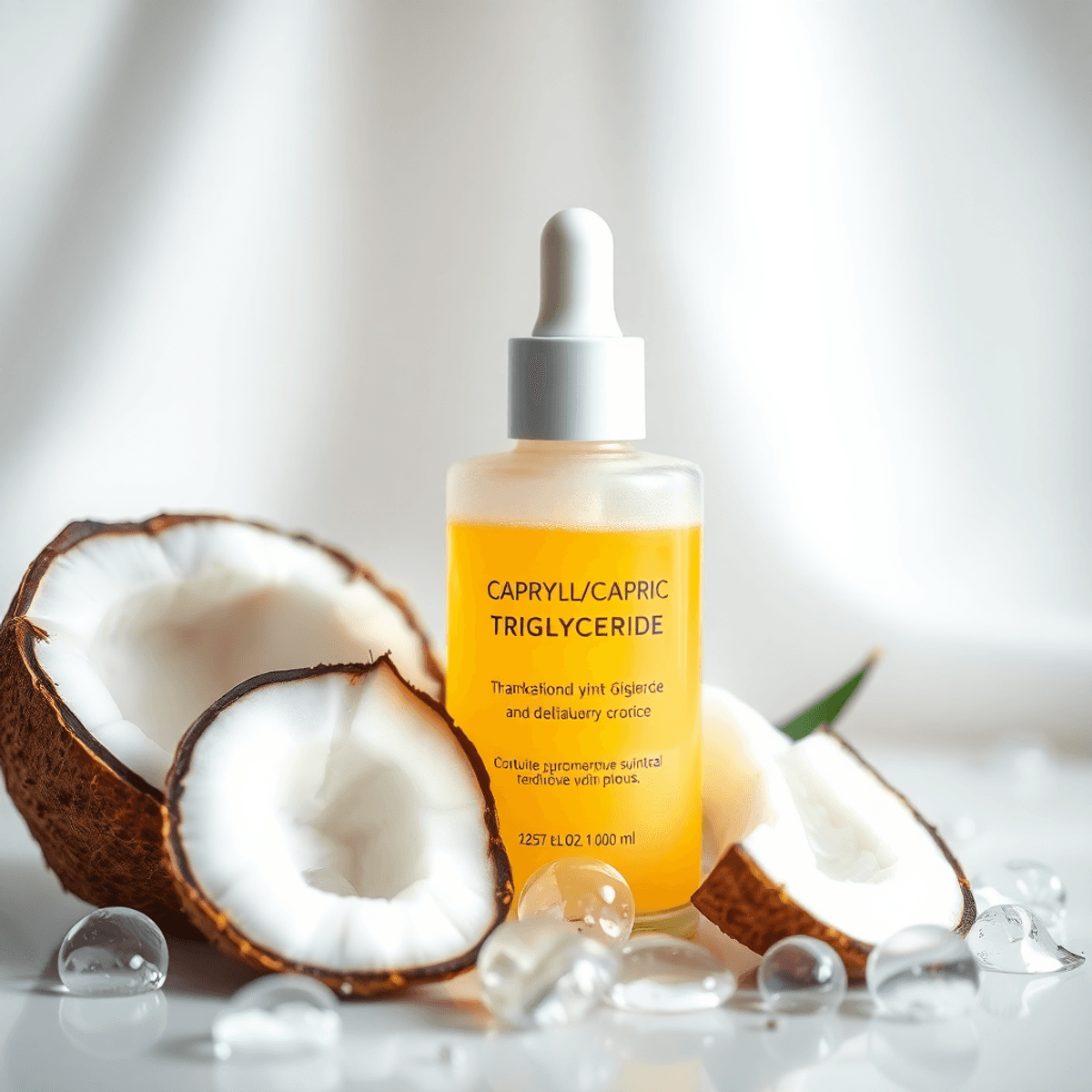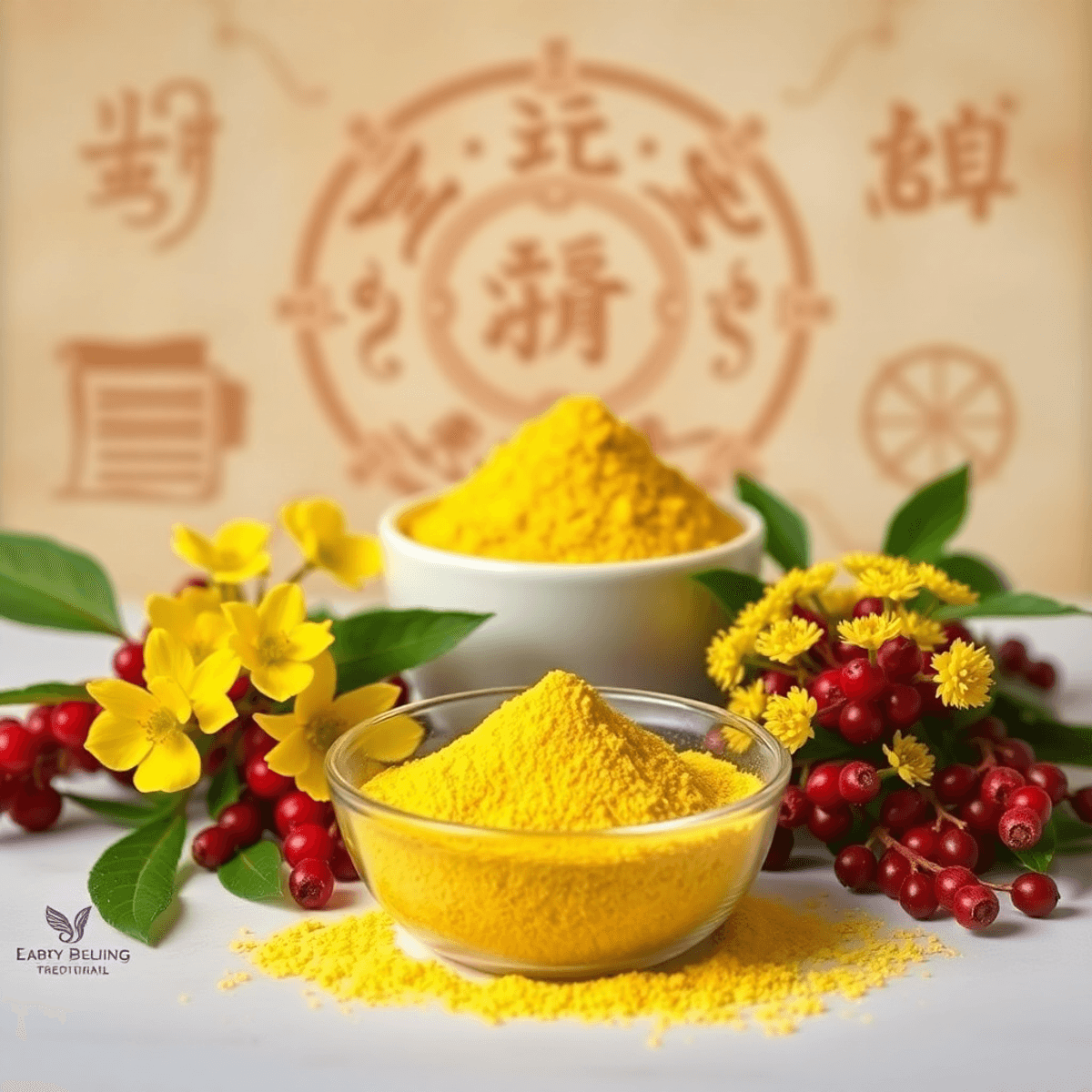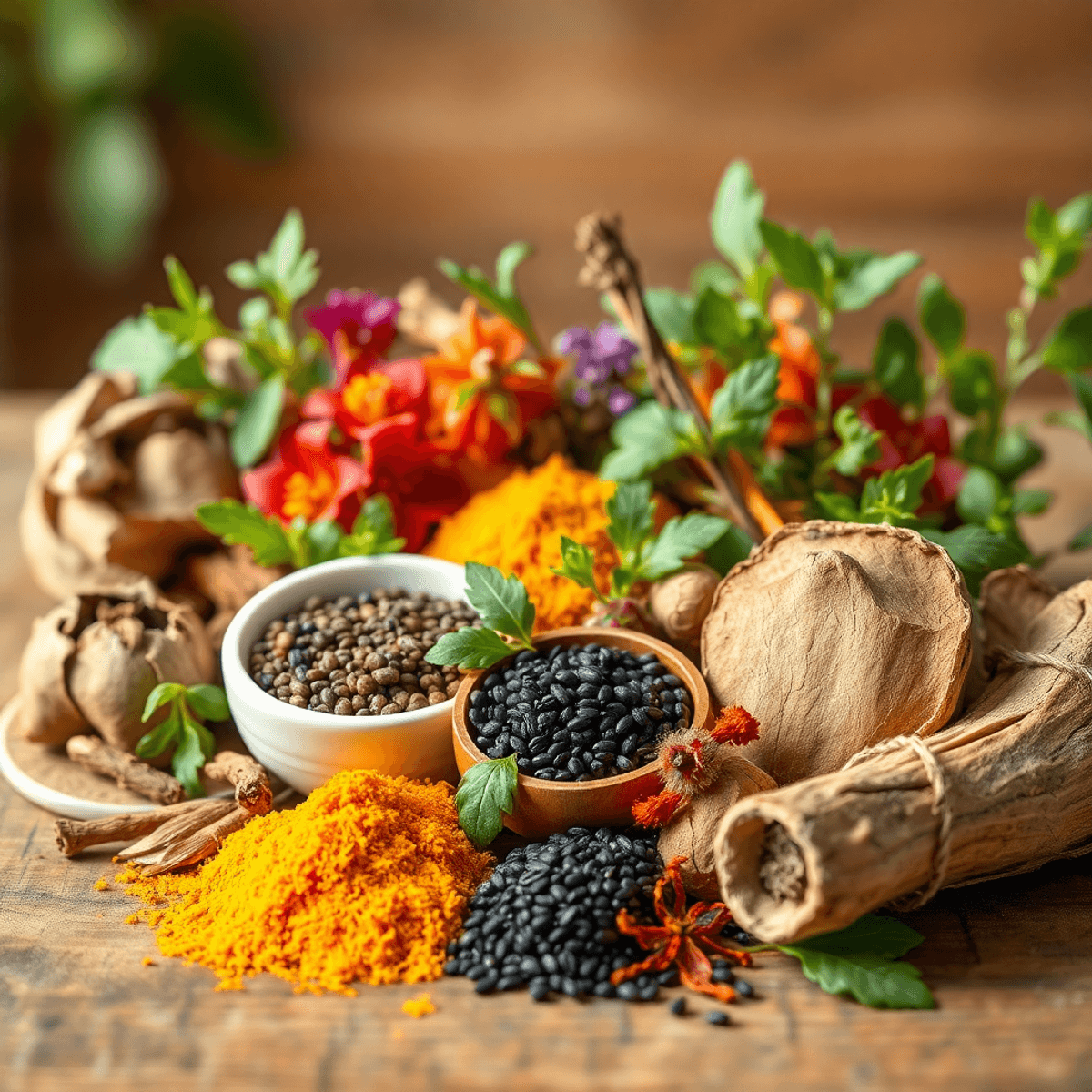Turmeric: The Ultimate Guide to Its Amazing Health Benefits

Introduction
Turmeric is a bright yellow-orange spice made from the Curcuma longa plant. It has gone beyond being just an ingredient in cooking and is now a common item in health-conscious homes around the world. Apart from its unique taste and colour, turmeric is also praised for its potential health benefits, primarily due to its active compound called curcumin.
Curcumin, known for its anti-inflammatory properties, has caught the interest of researchers studying its impact on conditions such as arthritis and other inflammatory disorders. Additionally, some studies suggest that turmeric may promote brain health and potentially lower the risk of cognitive decline.
The growing popularity of turmeric supplements and organic turmeric powder indicates a rising curiosity about these health benefits. Whether used in cooking or taken as a turmeric supplement, adding this ancient spice to your daily routine could bring various advantages.
As more research uncovers the potential of turmeric, it becomes clear that it is not only a flavorful spice but also a natural way to enhance well-being. This belief resonates with us at 1936 Original, where we promote nature's healing abilities and offer resources for individuals seeking to improve their lives through natural health methods.
The Origins and Uses of Turmeric
Turmeric, derived from the Curcuma longa plant, has roots that stretch back thousands of years across diverse cultures. In ancient India, turmeric was revered not only for its vibrant colour but also for its medicinal properties. It became a staple in Ayurvedic medicine, where it was used to treat a variety of ailments ranging from respiratory issues to digestive disorders.
Across Southeast Asia, turmeric's influence extended beyond health remedies. It played a crucial role in culinary traditions, lending its distinctive flavour and hue to dishes. Indian cuisine celebrates turmeric in recipes like curries and rice dishes, while Southeast Asian countries incorporate it into traditional meals such as rendang and laksa.
In addition to its culinary and medicinal applications, turmeric has been integral to traditional medicine systems worldwide. Chinese medicinutiliseded it for its purported ability to improve blood circulation and alleviate pain. The spice's global journey highlights its versatility and cultural significance, establishing it as much more than just a kitchen staple.
Key Health Benefits of Turmeric
1. Anti-Inflammatory Effects
Turmeric's reputation for remarkable health benefits largely stems from its active compound, curcumin. One of the most notable attributes of curcumin is its potent anti-inflammatory effects. Inflammation serves as the body's natural response to injury and infection, but chronic inflammation can contribute to various diseases. Curcumin works by interacting with several molecules involved in inflammation pathways.
How Curcumin Works
Curcumin inhibits the activity of nuclear factor-kappa B (NF-kB), a molecule that plays a significant role in triggering inflammatory responses. By suppressing NF-kB, curcumin effectively reduces inflammation at the cellular level.
Conditions Benefited
Its anti-inflammatory properties make turmeric particularly beneficial for individuals suffering from conditions such as arthritis, where inflammation leads to joint pain and stiffness. Studies suggest that curcumin can alleviate symptoms of both osteoarthritis and rheumatoid arthritis, offering a natural alternative or complement to conventional treatments.
Research Support
Numerous studies have explored curcumin's efficacy in managing inflammation-related conditions. For instance, a study published in the Journal of Medicinal Food found that patients with osteoarthritis experienced significant pain relief after taking curcumin supplements over a period of weeks. Another study in the Annals of Internal Medicine highlighted curcumin's potential to improve joint function and reduce swelling in rheumatoid arthritis patients.
The growing body of research underscores turmeric's potential as a powerful tool for combating chronic inflammation and related health issues, further solidifying its place as more than just a culinary spice.
2. Antioxidant Properties
Turmeric is known for its antioxidant properties, making it a valuable addition to your diet. At the heart of these benefits is curcumin, the active compound in turmeric, which plays a crucial role in enhancing the body's antioxidant capacity.
How Curcumin Works
Curcumin works in two main ways to boost your body's defence against oxidative stress:
- Neutralizing Free Radicals: Curcumin acts as a powerful antioxidant bneutralisingng harmful free radicals within the body. This action protects cells from damage that can lead to chronic diseases and ageing.
- Boosting Antioxidant Enzymes: Beyonneutralisingng free radicals, curcumin also stimulates the activity of the body's own antioxidant enzymes. This dual mechanism amplifies your overall defence against oxidative stress.
Turmeric vs. Other Spices
When compared to other dietary spices like ginger or cinnamon, turmeric stands out due to its unique ability to both combat and prevent oxidative damage, offering you a robust shield against various health issues.
Embracing turmeric as part of your wellness routine can provide significant support for maintaining optimal health.
3. Cognitive Health Support
The health benefits of turmeric go beyond just physical well-being; they also have a significant impact on cognitive function and brain health. Curcumin, the active compound in turmeric, plays a crucial role in improving brain function by increasing levels of brain-derived neurotrophic factor (BDNF), a protein that is essential for the growth and maintenance of neurons.
Impact on Cognitive Function
Higher levels of BDNF are linked to better memory and learning abilities. Curcumin's ability to boost these levels suggests it may have the potential to slow down age-related cognitive decline.
Alzheimer's Prevention
Research shows that regularly consuming turmeric may reduce the risk of Alzheimer's disease. Its anti-inflammatory properties help decrease neuroinflammation, which is a contributing factor in the progression of Alzheimer's. Studies also highlight curcumin's ability to clear amyloid plaques, which are commonly found in Alzheimer's patients.
By promoting brain health and potentially protecting against neurodegenerative diseases, turmeric proves to be an exceptional natural ally in preserving cognitive vitality.
4. Heart Health Benefits
Turmeric is gaining recognition for its positive effects on heart health, primarily due to curcumin's ability to improve endothelial function, which is crucial for maintaining a healthy cardiovascular system.
What is Endothelial Function?
The endothelium is a thin membrane that lines the heart and blood vessels. It plays a vital role in regulating various processes such as:
- Blood pressure
- Blood clotting
- Immune function
By enhancing endothelial function, curcumin has the potential to lower the risk of heart disease.
Scientific Evidence Supporting Turmeric's Heart Health Benefits
Several scientific studies support these claims, including clinical research that provides evidence of curcumin's positive impact on endothelial function.
One notable study published in the American Journal of Cardiology found that curcumin significantly improved endothelial function in postmenopausal women. This finding highlights its potential as a preventive measure against heart disease.
How Turmeric Helps Maintain Heart Health
In addition to its effects on endothelial function, turmeric's anti-inflammatory properties also contribute to heart health. By reducing inflammation and oxidation throughout the body, it helps prevent plaque buildup in arteries—a key factor in atherosclerosis, which is a major contributor to cardiovascular problems.
The health benefits of turmeric go beyond overall well-being; its specific role in supporting heart health further emphasises why it is considered beneficial for conditions related to inflammation.
5. Cancer Prevention Potential
The potential anti-cancer effects of turmeric, particularly due to curcumin, have garnered significant attention in scientific research. Curcumin has been observed to play a vital role in inhibiting cancer development and metastasis. This active compound can interfere with several molecular pathways involved in cancer progression, including reducing angiogenesis — the formation of new blood vessels that tumours need to grow.
1. Inhibition of Cancer Cell Growth
Curcumin's ability to inhibit cell proliferation and induce apoptosis (programmed cell death) makes it a promising candidate for cancer therapy.
2. Metastasis Prevention
Studies suggest that curcumin may halt the spread of cancer cells to other parts of the body, thereby reducing metastasis.
Several studies have highlighted these mechanisms, showing curcumin's impact on various types of cancers, including breast, colon, and prostate cancers. While these findings are promising, it's essential to note that much of this research is still in preliminary stages or conducted in laboratory settings.
6. Mood Disorders and Mental Health Support
The health benefits of turmeric include its positive effects on mental wellness, especially in relation to mood disorders. Curcumin, the active compound found in turmeric, has shown promise in relieving symptoms associated with depression. This is believed to be due to its ability to increase serotonin and dopamine levels, which are neurotransmitters that play a crucial role in regulating mood.
Scientific research supports the potential of curcumin as a natural addition to depression treatment. Studies suggest that curcumin may help reduce inflammation and oxidative stress, both of which are connected to mood disorders. By influencing these pathways, curcumin contributes to improving overall brain health.
These findings suggest that turmeric can be used as a complementary approach for individuals looking for natural remedies alongside traditional treatments for mental health issues.
7. Digestive Health Benefits from Turmeric Consumption
Turmeric, known for its health benefits, plays an important role in managing digestive disorders. It shows promise in conditions like Irritable Bowel Syndrome (IBS) and inflammatory bowel diseases such as Crohn's disease and ulcerative colitis.
Curcumin Anti-Inflammatory Effects
Curcumin, the active compound in turmeric, provides anti-inflammatory benefits that can help alleviate symptoms associated with these digestive issues. It may reduce gut inflammation and calm the digestive tract.
Scientific Support
Research indicates that curcumin can modulate gut microbiota, potentially leading to improved gut health. Some studies suggest that it can reduce abdominal pain and discomfort in IBS patients.
The health benefits of turmeric go beyond just managing inflammation; they also offer potential relief for those suffering from chronic digestive problems. By incorporating turmeric into your diet, you may experience better digestive health supported by scientific research.
8. Managing Metabolic Syndrome with Turmeric
Turmeric's health benefits extend to managing metabolic syndrome, a group of conditions that increase the risk of heart disease, stroke, and type 2 diabetes. Curcumin, turmeric’s active compound, is gaining attention for its potential effects on metabolic health markers.
1. Blood SugaStabilisationon
Incorporating turmeric into your diet may help regulate blood sugar levels. Studies have shown curcumin can improve insulin sensitivity and lower blood glucose levels, making it a valuable addition to a diabetic-friendly diet.
2. Lipid Profile Improvement
Turmeric may also positively impact lipid profiles by reducing levels of LDL cholesterol and triglycerides, while raising HDL cholesterol. This balance supports cardiovascular health and reduces the risk factors associated with metabolic syndrome.
Scientific research is continually exploring these promising effects of curcumin on metabolic functions, highlighting turmeric as a beneficial spice for those managing these health challenges.
9. Pain Relief Applications of Turmeric
Turmeric, known for its health benefits, has been a key player in natural pain relief, especially because of its anti-inflammatory properties. Its active compound, curcumin, is essential in reducing inflammation and providing relief from different types of pain.
1. Arthritis Pain Relief
Curcumin's ability to modulate inflammatory pathways makes it effective in managing arthritis-related pain. Studies have shown that turmeric can alleviate discomfort in conditions like osteoarthritis and rheumatoid arthritis by reducing joint inflammation and stiffness.
2. Muscle Soreness
Athletes and fitness enthusiasts may find turmeric helpful for muscle soreness relief. Curcumin's anti-inflammatory effects can speed up recovery after exercise by reducing muscle damage and soreness.
Scientific research supports these uses, showing turmeric's potential as a natural alternative to traditional pain medications. While more studies are needed to fully determine dosage recommendations, adding turmeric to your diet could be a beneficial step towards managing pain naturally.
For those looking for more immediate solutions or alternatives, exploring 1936 Original's range of premium products designed for effective pain relief and management might be worthwhile. Their offerings include natural remedies not only for general pain but also for specific conditions such as atopic eczema and dermatitis.
Forms of Turmeric for Consumption
Turmeric is versatile and available in various forms, each offering unique uses and benefits. Understanding the differences can help you choose the right form for your needs.
Fresh Turmeric Root vs. Powdered Turmeric
Fresh Turmeric Root
Rich in essential oils, fresh turmeric root offers a more intense flavour and aroma compared to its powdered counterpart. It's often used in cooking, smoothies, or juiced for a vibrant kick. The nutritional profile includes higher moisture content, which means it might retain more of its natural compounds.
Powdered Turmeric
This dried and ground form of turmeric is convenient for storage and easy to incorporate into recipes like curries, soups, or beverages. While the drying process might reduce some volatile oils, powdered turmeric remains a potent source of curcumin and other beneficial compounds.
Both forms provide significant health benefits of turmeric, including anti-inflammatory and antioxidant properties. Your choice between fresh turmeric and powdered turmeric may depend on culinary preferences and availability.
Turmeric Tablets and Supplements
For those seeking concentrated doses of curcumin, turmeric tablets and supplements are widely available. These supplements typically contaistandardiseded extracts with high levels of curcumin, designed tmaximiseze the therapeutic effects.
Advantages of Supplements:
- Convenience: Easy to consume without preparing meals or drinks.
- Concentration: Higher levels of curcumin than dietary forms.
- Consistency Standardised dose ensures consistent intake.
However, it's important to consider the bioavailability challenges associated with curcumin when choosing supplements. Many products include black pepper extract (piperine) to enhance absorption.
Overview of Supplementation Options
The market offers a variety of turmeric supplements:
- Capsules/Tablets: Often combined with piperine for improved absorption.
- Turmeric Extracts: Concentrated liquid or powder forms.
- Curcumin Complexes: Blends with other ingredients like ginger or boswellia for synergistic effects.
Consulting a healthcare provider before beginning any supplementation is advisable, especially if you have existing health conditions or are taking medications.
Bioavailability Challenges with Curcumin
Curcumin, the primary active compound in turmeric, is celebrated for its extensive health benefits. However, one significant challenge is its bioavailability—the extent and rate at which it is absorbed into the bloodstream. Curcumin's low absorption rate poses a hurdle for reaping its potential health benefits.
Understanding Bioavailability Issues
- Poor Absorption: Curcumin has poor solubility in water, resulting in minimal absorption in the digestive tract. This limits its availability in the body after consumption.
- Rapid Metabolism: Once ingested, curcumin is quickly metabolised and eliminated from the body, reducing its effectiveness.
These factors contribute to the necessity of consuming high doses of curcumin to achieve therapeutic levels, which may not always be practical or safe.
Enhancing Absorption
There are several strategies to improve curcumin's bioavailability:
- Black Pepper (Piperine): Combining curcumin with piperine, a compound found in black pepper, can enhance absorption significantly. Piperine increases curcumin's bioavailability by 2,000%, making it an effective partner for maximising benefits.
"Adding a pinch of black pepper to your turmeric dishes can make a substantial difference."
- Fat Solubility: Curcumin is fat-soluble, meaning it dissolves better when consumed with fats. Including healthy fats like olive oil or coconut oil in meals containing turmeric can aid absorption.
- Formulated Supplements: Some supplements are specifically designed to improve curcumin bioavailability. These may include emulsified forms or nanoparticles engineered for better absorption.
Incorporating these methods into your routine can significantly enhance the body's ability to utilise curcumin effectively, ensuring you get the most from turmeric's incredible health benefits.
Combining Turmeric with Other Spices for Enhanced Benefits
Exploring the health benefits of turmeric and ginger together reveals a powerful synergy. Both spices are known for their anti-inflammatory properties, making them an effective combination for managing inflammation-related conditions.
1. Anti-Inflammatory Powerhouse
The combination of turmeric and ginger can be especially beneficial for joint pain relief. Curcumin in turmeric and gingerol in ginger both work to reduce inflammation markers in the body, which may help alleviate symptoms of arthritis and other inflammatory disorders.
2. Digestive Support
Incorporating these spices into your diet can enhance digestion. Turmeric aids in bile production, crucial for digesting fats, while ginger can help soothe gastrointestinal irritation, making this duo effective in managing digestive issues such as bloating and discomfort.
3. Additional Health Benefits
Beyond inflammation and digestion, this pair offers a range of health benefits. They possess antioxidative properties that combat oxidative stress and protect against cellular damage. Regular intake can also support immune function, potentially reducing the risk of infections.
For those seeking to maximise the health benefits of turmeric, pairing it with ginger can amplify its effects, offering a natural approach to enhancing overall well-being.
FAQs (Frequently Asked Questions)
What are the key health benefits of turmeric?
Turmeric is known for its remarkable health benefits, including anti-inflammatory effects, antioxidant properties, cognitive health support, heart health benefits, cancer prevention potential, mood disorder support, digestive health benefits, and pain relief applications.
How does curcumin work in the body?
Curcumin, the active compound in turmeric, works by inhibiting the activity of nuclear factor-kappa B (NF-kB), which plays a role in inflammation. It also boosts the body's defence mechanisms through its antioxidant properties.
Can turmeric help with cognitive health?
Yes, turmeric supports cognitive health by increasing levels of Brain-Derived Neurotrophic Factor (BDNF), which is linked to improved memory and learning. Regular consumption may also reduce the risk of Alzheimer's disease.
What forms of turmeric are available for consumption?
Turmeric can be consumed in various forms including fresh turmeric root, powdered turmeric, and turmeric tablets or supplements. Each form offers different benefits and convenience depending on individual preferences.
How can I enhance the absorption of curcumin?
To enhance curcumin's bioavailability, consider combining it with black pepper (which contains piperine) or consuming it with healthy fats. These strategies improve absorption and maximise its health benefits.
Is there scientific evidence supporting turmeric's health claims?
Yes, numerous studies have explored curcumin's efficacy in managing various conditions due to its anti-inflammatory and antioxidant properties. Scientific evidence supports its role in heart health, cancer prevention, and cognitive function among other benefits.


